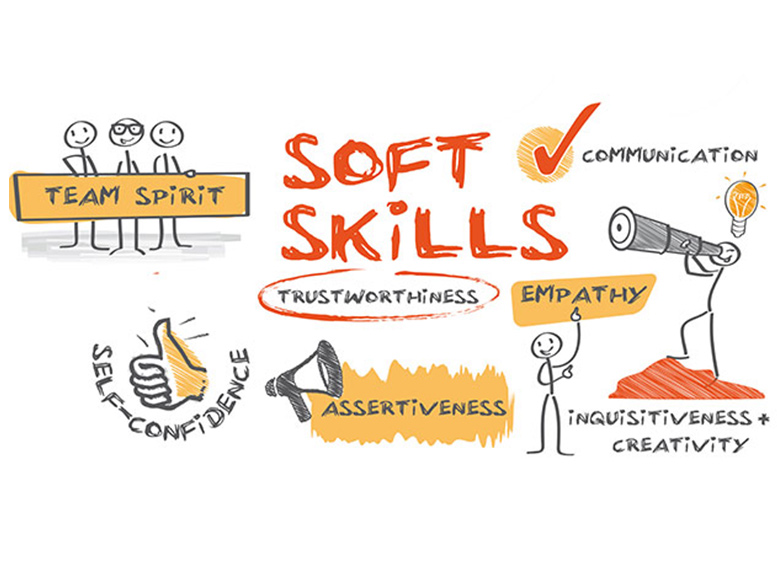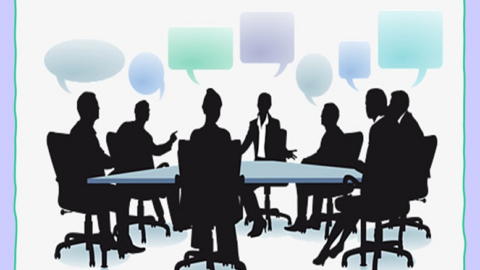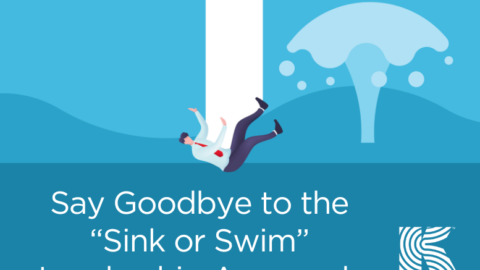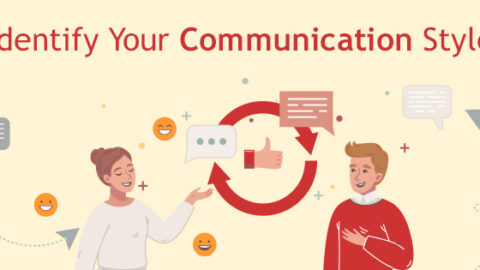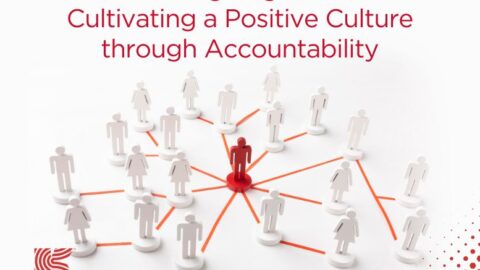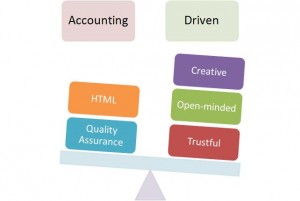Think about this: 85% of job success is due to having well-developed soft skills, and only 15% is due to technical, or hard skills. This is from Harvard University, the Carnegie Foundation and the Stanford Research Center.
It amazes me that despite this research, organizations (and individuals) still tend to focus on developing hard skills. In 2010, employers spent $171.5 billion on employee training and only 27.6% of those training dollars went toward soft skills, according to the Association for Talent Development (ATD).
It’s time to put more of our dollars and development efforts where they really count. In our increasingly global, dynamic and service-oriented way of working, organizations need leaders, teams and individual contributors who have the personal behaviors and interpersonal skills that will help them grow and thrive.
So what are those skills? In my work with organizations to create leadership and employee development initiatives, these are the 10 soft skills/behaviors (in alpha order) that leaders most often tell me they need in their people.
Collaboration – the ability to meld ideas and share credit with others.
Creativity – initiating new approaches to projects, solving problems, etc.
Effective communication – clear and concise speaking and writing paired with active listening.
Emotional intelligence – self-aware and sensitive to others, empathetic.
Flexibility – adaptable to change.
Growth mindset – recognizing they don’t know it all. Being willing to learn.
Leadership – the ability to lead, even without the title.
Reliability – do what you say you’re going to do by when you say you’re going to do it.
Resilience – the ability to continue pursuing the goal despite roadblocks and challenges.
Teamwork – sharing the work and supporting others toward a common goal.
Organizations that want to remain competitive and individuals who want to increase their marketability would do well to put more emphasis on identifying gaps in these skills and then creating a comprehensive development plan to close those gaps.
One of the best ways to identify gaps is through a behavioral assessment. The one I use with leaders, teams and individuals is Lumina Spark. Lumina Spark is a state-of-the-art psychometric assessment that provides a framework to help people achieve better self-awareness and learn how to improve their working relationships with others.
Check out the Lumina Spark fact sheet, and then contact me at kcolligan@peoplethink.biz to learn how PeopleThink can help your organization build its people capability.
Till next time,
Karen

